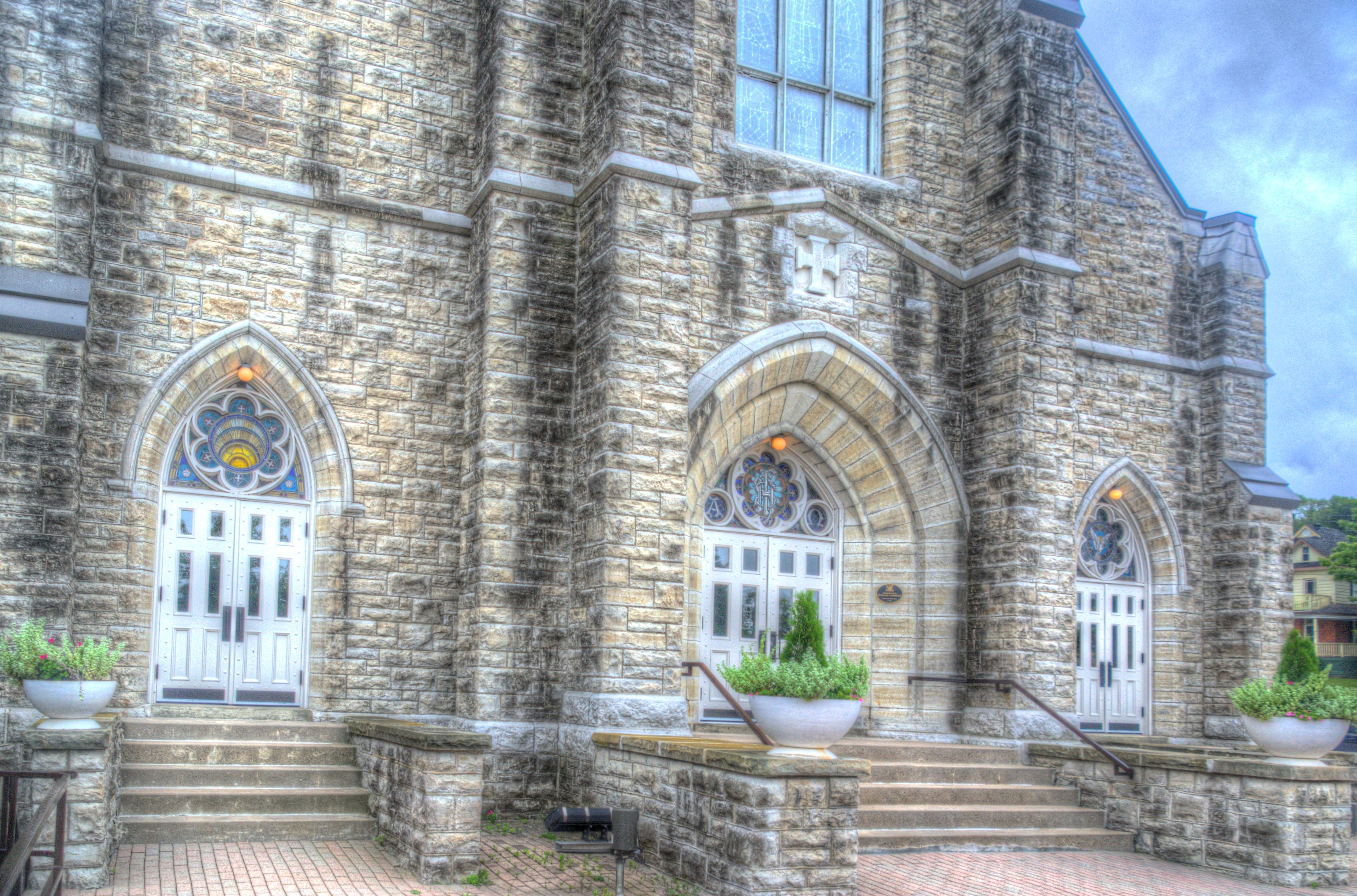- Home
-
Our Community
- Archdiocese of Toronto
- Our History
- St. Margaret's Roman Catholic Cemetery
- Catholic Cemeteries
- Volunteering
- Accessibility
- Safe Environment Policy
- Mass & Confession Times
- Parish Staff
- Office Hours
- Our Catholic Schools
- St. Margaret's Online Gift Shop
- Ash Wednesday & Lenten Obligations
- Lenten Soup & Movie
- Our Faith
- Sacraments
- Parish Life
- Bulletin
- Contact Us
- Search

Reflection: Second Sunday in Ordinary Time
A man was looking for the perfect wife. He wanted to find someone who was beautiful, kind, loving and very religious. He found such a woman. But it did not work out. He said she was so religious that she could not easily relate to the particular things in life.
So, he looked for someone else. He found one who was beautiful, kind, loving, organized and practical in material affairs. He thought she was the perfect wife. But again, it did not work out. She was so practical that she really did not need a man in her life. So, the man continued searching.
Then he found another woman. She was beautiful, kind, loving, intelligent, practical in material affairs, as well as very religious. At last, he thought, here is the perfect wife – a perfect balance of the practical and spiritual. But again, it did not work out, because she was also looking for the perfect husband!
John the Baptist tells his two disciples about Jesus, Behold, the Lamb of God. At once, they begin following Jesus. And when Jesus sees them, he asks them, what are you looking for? At first, it may look like a simple question. But it is actually profound. It invites a person to look deeply into one’s self and evaluate the direction and the meaning of one’s life. Obviously, the two disciples do not get the full implication of the question because they reply with another question: Rabbi, where are you staying?
The rabbi during the time of Jesus was an itinerant preacher. He moved from place to place, teaching about the Scriptures and many important lessons from concrete realities in life. His disciples follow him wherever he goes and they imbibe his teachings and way of life in the process.
Hence, to ask where a rabbi lives is rather secondary and even immaterial. What really matters is being with him wherever he goes. That is why, instead of answering their question, Jesus replies with an invitation: Come and you shall see. It is an invitation, not to a place of abode, but to a relationship, to be part of his life. So, they went and saw where he was staying and they stayed with him that day.
That one day of experience inspires them so much that it radically transforms them, from being followers to evangelizers. One of them, Andrew, looks for his brother Simon and eagerly breaks the good news to him: We have found the Messiah.
Every day, the Lord invites us, come, follow me. Like the two disciples, many of us would readily follow him. But he would invariably pose the same question: What are you looking for? The philosopher Aristotle once wrote, those who wish to succeed must ask the right preliminary questions. I believe this is one of the important preliminary questions we need to ask ourselves before seriously deciding to follow Jesus.
People follow Jesus for various reasons, depending on one’s idea about Him. As Thomas Merton once said, our idea of God tells us more about ourselves than about Him. This has been adequately shown in the Gospels. Many see Him as a great healer. And so, they follow Him in order to be healed of their various ailments. Others acknowledge Him as the one who teaches with authority. And so, they follow Him because they like to listen to his teachings. And some, like the religious leaders, consider Him as an enemy and threat to their authority and status. So, they follow Him to catch Him in his speech and have something to accuse him of.
This Sunday, therefore, Jesus asks us, what are you looking for? In other words, He wants us to know why we are following him. This is a crucial question that has to be answered honestly in order to purify our motivations and intensify our commitment to follow Him. St. Peter accurately responds: Master, to who shall we go? You have the words of eternal life. We have come to believe and are convinced that you are the Holy One of God (John 6: 68-69).
On this Second Sunday in Ordinary Time, let us be clear of our motivations. We follow Jesus because we profess our firm belief in him as our Lord and Savior. We desire to adore Him. We humbly acknowledge that without Him, we are nothing and we can do nothing. In Him alone can we find fullness, joy and salvation. Fully knowing this, we are strengthened and encouraged to face whatever challenges and trials life may give us.
Those who have a ‘why’ to live, can bear with almost any ‘how’ (Viktor Frankl). It is only Jesus that makes our life meaningful and fruitful, even in the midst of suffering. Fr. Roselle
